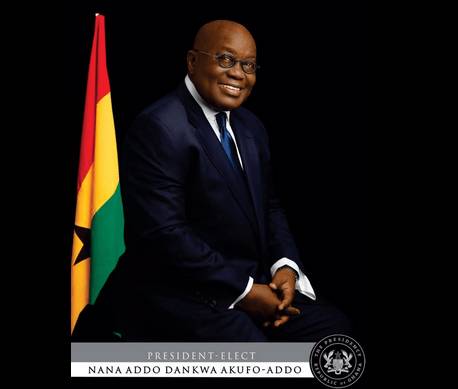# Nana Addo Dankwa Akufo-Addo: A Profile of Ghana's President
Nana Addo Dankwa Akufo-Addo has been a significant figure in Ghanaian politics since he assumed the presidency on January 7, 2017. His tenure has been marked by ambitious economic initiatives, educational reforms, and a commitment to improving healthcare in the country. This article explores his background, key policies, and the challenges he has faced during his presidency.
## Early Life and Education
Born on March 29, 1944, in Accra, Ghana, Akufo-Addo comes from a prominent political family. His father, Edward Akufo-Addo, was a former President of Ghana, and his uncle, J.B. Danquah, was a key figure in the country’s independence movement. Nana Akufo-Addo attended the prestigious Achimota School in Ghana before pursuing further education in the United Kingdom and the United States. He studied at the University of Ghana and later attended the London School of Economics.
## Political Career
Akufo-Addo's political career began in the 1990s when he was elected as a Member of Parliament. He served in various ministerial roles, including Minister of Justice and Attorney General. His legal background and experience in governance laid the groundwork for his future political aspirations.
In 2012, Akufo-Addo became the presidential candidate for the New Patriotic Party (NPP) and faced off against then-incumbent President John Mahama. Although he lost that election, he remained a prominent political figure and continued to build support within the NPP.
In the 2016 elections, Akufo-Addo successfully ran for president, defeating Mahama with a significant margin, thus marking a transition of power to the NPP.
## Key Policies and Achievements
### 1. **Economic Initiatives**
One of Akufo-Addo's main goals has been to boost Ghana's economy through various initiatives. His administration launched the "Planting for Food and Jobs" program, aiming to enhance food security and create jobs in the agricultural sector. Additionally, he introduced the "Industrial Transformation Agenda" to promote manufacturing and reduce reliance on raw material exports.
### 2. **Education Reform**
Akufo-Addo has prioritized education, implementing the free senior high school policy, which has enabled thousands of students to access secondary education without financial barriers. This initiative has garnered praise for its potential to increase literacy rates and improve the quality of the workforce.
### 3. **Healthcare Improvements**
In response to challenges in the healthcare system, his government has sought to improve access to healthcare services. The National Health Insurance Scheme was expanded, and efforts were made to enhance the quality of healthcare facilities across the country.
## Challenges Faced
Despite these achievements, Akufo-Addo's presidency has not been without challenges. Economic difficulties, inflation, and public debt have been persistent issues. The COVID-19 pandemic further strained Ghana's economy and healthcare system, testing the resilience of his administration. Additionally, rising public discontent over unemployment and corruption allegations has posed significant political challenges.
## Conclusion
Nana Addo Dankwa Akufo-Addo's presidency has been characterized by a blend of ambitious reforms and significant challenges. As Ghana navigates its path forward, the impact of his policies on the nation's development will continue to be a topic of discussion. His leadership style, commitment to education, and economic initiatives have laid a foundation for future growth, yet the road ahead will require addressing pressing economic and social issues to ensure sustained progress.




No comments yet
Be the first to share your thoughts!